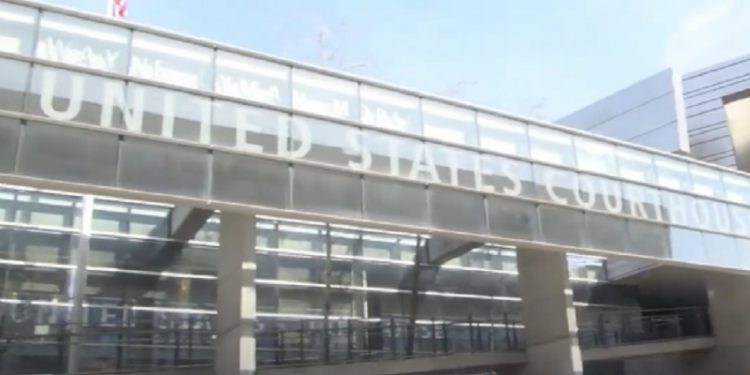Astoria, Ore. – A federal lawsuit filed by two international students is raising serious questions about the U.S. government’s handling of student visa revocations, with potential implications for thousands of other foreign students in the country.
The lawsuit, which centers around the Department of Homeland Security’s (DHS) termination of student visas, involves two plaintiffs: Aaron Ortega Gonzalez, a 32-year-old doctoral student from Mexico studying at Oregon State University, and a 29-year-old graduate student identified as “Jane Doe,” who is weeks away from earning two master’s degrees at the University of Oregon.
Represented by Innovation Law Lab and the American Civil Liberties Union of Oregon, along with other law firms, the students claim that their SEVIS (Student and Exchange Visitor Information System) records were revoked without clear explanation or due process. SEVIS tracks the status of international students in the U.S., and the revocation of a student’s SEVIS record effectively strips them of their visa status.
According to Kelsey Provo, an attorney with Innovation Law Lab, the DHS has yet to provide a substantive response regarding Jane Doe’s case. “The government hasn’t responded in Jane’s case, so we don’t have any information about why her visa was revoked,” Provo said during a court hearing on April 21. “We only know that her record came up in some search, but that’s all we have.”
In contrast, the DHS did offer some explanation for Ortega Gonzalez’s case, though Provo described it as insufficient to understand the full basis for the visa revocation. “We appreciate that the government provided some additional information, but it’s still unclear what the actual reason for the revocation was,” she said.
The students’ legal team argues that the government’s actions were both vague and potentially unlawful, with no clear justification for the termination of the students’ status. In particular, they are questioning the government’s assertion that the revocation of the students’ SEVIS records would not impact their visa status. “That doesn’t make sense,” Provo remarked, noting that the termination of a student’s SEVIS record has serious consequences for their ability to study and work in the U.S.
The court hearing has already sparked significant debate, with the federal judge in Eugene expressing considerable skepticism about the government’s defense. The judge raised several critical questions regarding the DHS’s stance, which ultimately led to a decision granting a temporary restraining order in favor of the students. This order reinstates their visas for the time being, allowing them to continue their academic work and employment while the case proceeds.
“This restraining order is a crucial first step in ensuring that our clients can finish their education and continue contributing to their academic communities,” Provo said. “The court’s questioning of the government’s argument gives us hope that the issue of due process will be fully addressed in the coming weeks.”
The legal teams on both sides now have two weeks to prepare for the next court appearance, where they will continue to argue whether the revocation of the students’ visas violated constitutional rights and failed to provide due process.
The case highlights a broader issue concerning the treatment of international students in the U.S. As foreign nationals seeking to further their education in America, international students are often vulnerable to abrupt changes in immigration policy, leaving many uncertain about their future in the country. The outcome of this lawsuit could set a precedent for how such cases are handled going forward.
Both Ortega Gonzalez and Jane Doe are anxious to complete their studies, and the resolution of this case will not only affect their academic futures but could also impact the broader community of international students navigating the complex landscape of U.S. immigration policies.













